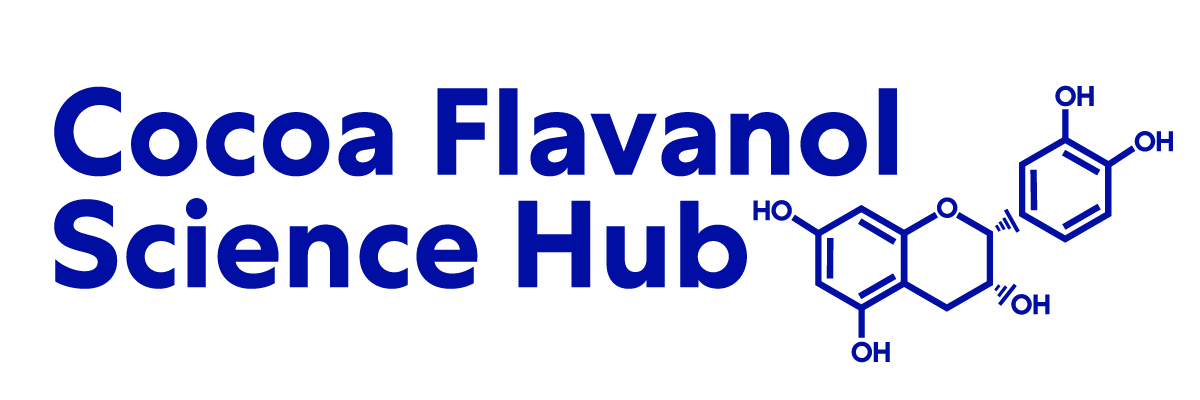The influence of cocoa procyanidins on the transcription of interleukin-2 in peripheral blood mononuclear cells
We have previously shown that cocoa polyphenols (procyanidins) inhibit induced nuclear transcription of human interleukin-1beta. In the present study, we extend the observed immunomodulatory activity to examine the effects of cocoa procyanidins on the interleukin-2 (IL-2) gene. The transcriptional regulation of IL-2 is critically involved in the control of T-cell proliferation and normal immune response. Both resting and phytohemagglutinin (PHA)-stimulated human peripheral blood mononuclear cells (PBMC) were investigated. Neither the crude cocoa extract, a procyanidin-enriched extract nor individual oligomeric procyanidins stimulated IL-2 in resting PBMC. However, both the crude and the procyanidin-enriched extracts reduced IL-2 transcription in PHA-stimulated cells by 67% and 58%, respectively. Experiments with isolated procyanidins showed that while the monomeric fraction did not alter IL-2 expression, the pentamer, hexamer and heptamer caused a 61-73% inhibition. Thus, it appears thatprocyanidin oligomers, present in cocoa and chocolate to a significant extent, are responsible for the inhibition of PHA-induced stimulation of IL-2 in PBMC. This provides an additional mechanism in immune regulation when considering the health-benefits of dietary polyphenols from a wide variety of foods and suggests the potential clinical utility of cocoa or its derivatives on disorders of activated immune function.








